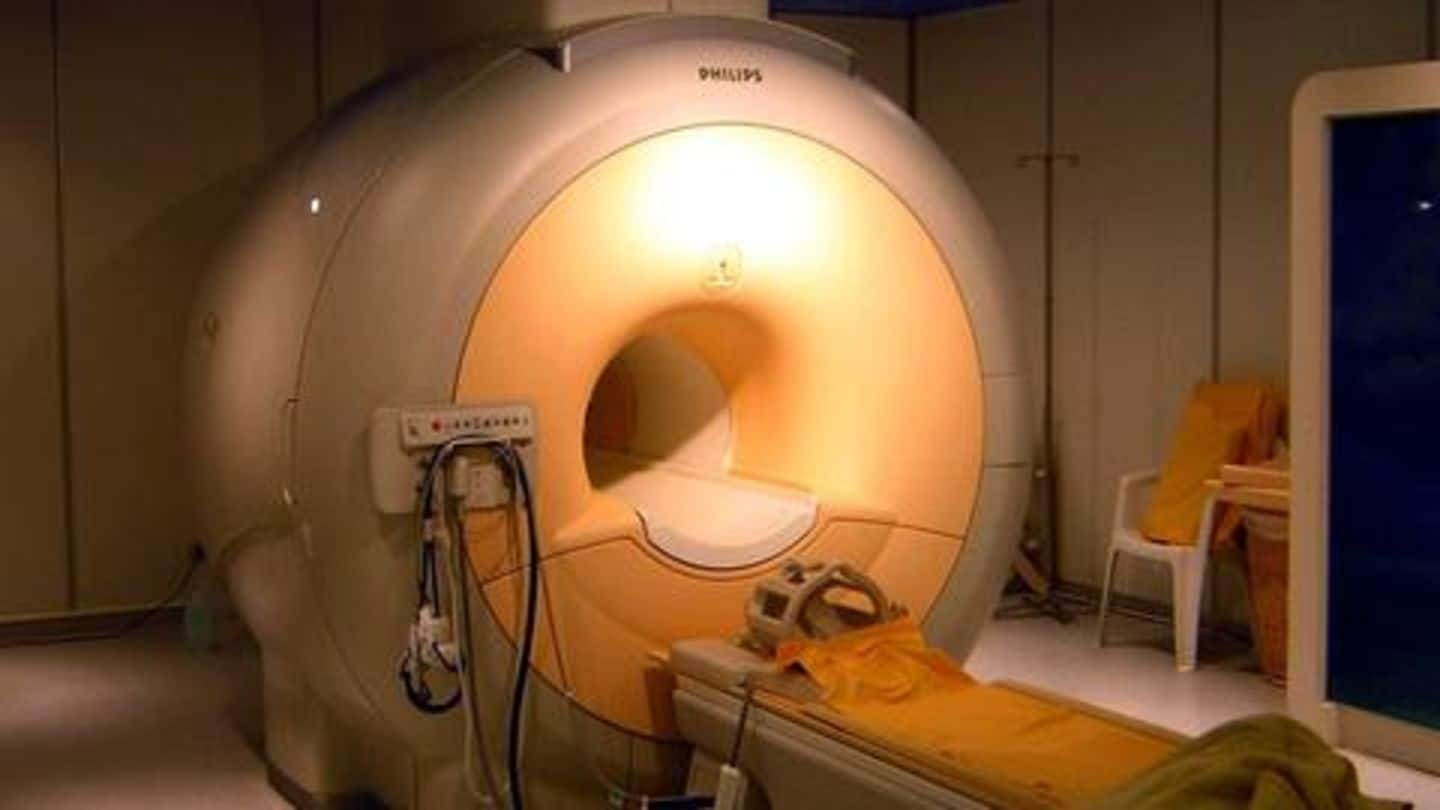
MRI machine test leaves several iPhones dead: Details here
What's the story
When a healthy smartphone stops working, it is pretty weird, but when a number of devices made by a single manufacturer freeze out altogether, it is a whole new level of weird. This is what people at Chicago's Morris Hospital witnessed when nearly 40 Apple devices, including iPhones and Apple Watches, dropped dead. The reason, as they found, was an MRI machine. Here's what happened.
The issue
MRI machine leaked helium, affecting the devices
In a Reddit post detailing the issue, Erik Wooldridge, a Systems Specialist at the hospital, confirmed that the problem occurred due to a helium leak from the machine. The gas leaked during the machine's installation and traveled throughout the building's ventilation system, affecting the devices. "Approximately 120 liters of liquid [helium] was vented over the course of 5 hours," Wooldridge noted in the post.
Affected phones
But, why only Apple products?
The leak affected newer models of iPhone and Apple Watch. Some devices dropped dead, others had signal issues, but no iPhone older than iPhone 6 or Android device got affected. This, as PhoneArena suggested, was the effect of microelectromechanical systems (MEMS) timing oscillators, which Apple recently started using in its products. The helium molecules reached and fiddled with MEMS chips, compromising the devices.
Quote
Statement from Google official on the issue
Explaining the issue to iFixt, David Almoslino, Senior Director of Corporate Marketing at Google said, "In gyro sensors, helium could cause the offset to drift and could cause the oscillation to temporarily stop."
Apple's warning
Interestingly, Apple already warned about this issue
Wooldridge had to keep an iPhone 8 in a bag filled with helium to check how the gas affects the phones, but it is worth noting that Apple had already warned about such an issue. Apple's user manual reads, "Exposing iPhone to environments having high concentrations of industrial chemicals, including near evaporating liquefied gasses such as helium, may damage or impair iPhone functionality."